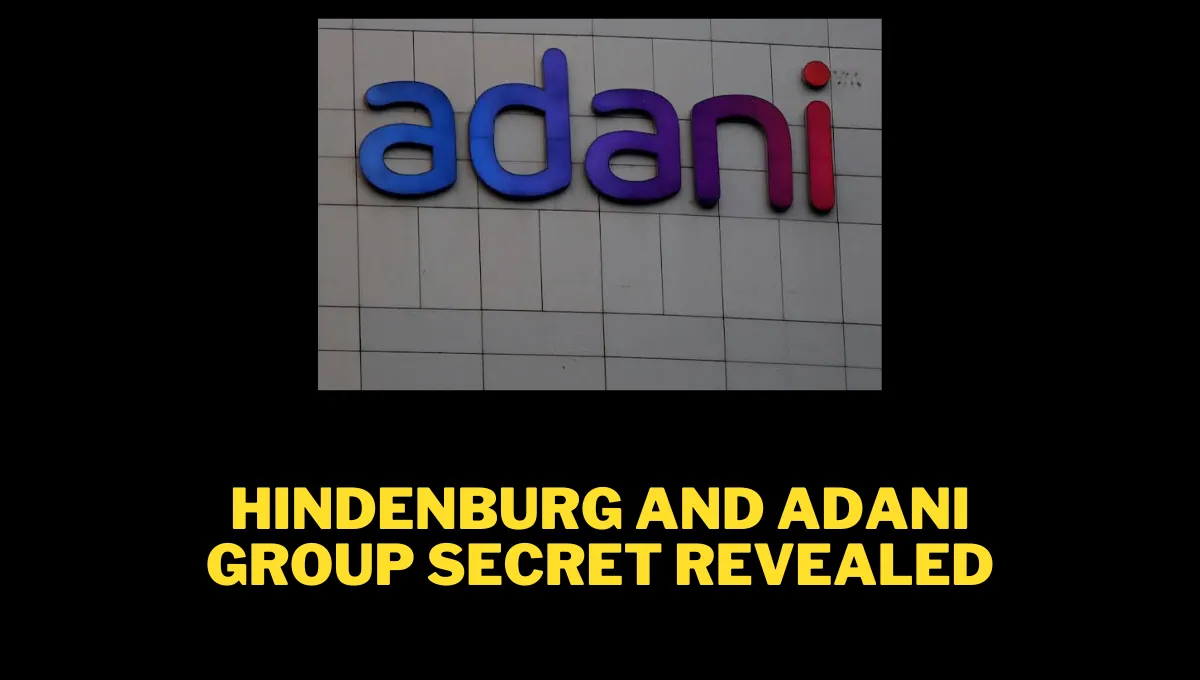The intricate and high-stakes world of short selling was thrust into the spotlight when an activist short-seller, a prominent New York hedge fund, a Mauritius-based investment entity, and a broker linked to a major Indian bank converged in a dramatic attack on the Adani Group.
This coordinated effort led to one of the most significant short-seller strikes globally, wiping out a staggering $153 billion in market value from the Adani Group last year.
The Players and Their Roles
An intriguing war of words has erupted between Hindenburg Research, the activist short-seller, and the Securities and Exchange Board of India (SEBI), India’s market regulator.
This conflict has unveiled a fascinating array of characters and entities behind the devastating report and the short bets against the Adani Group.
SEBI’s Investigation
Hindenburg’s report prompted SEBI to scrutinize the US-based research firm, seeking explanations for what it deemed a “misleading” report.
In a bold move, Hindenburg responded by publishing SEBI’s “show cause notice,” a comprehensive 46-page document detailing a meticulously planned operation that unsettled India’s capital markets for months.
The Revelation of Collaboration
SEBI’s notice revealed for the first time that Hindenburg shared its research on Adani exclusively with Kingdon Capital Management LLC before making it public.
The two firms had a profit-sharing arrangement, where the New York hedge fund earned three times more from the short bets than Hindenburg. Additionally, Kingdon received assistance from a significant Indian bank to execute the trades.
Key Figures and Entities
The detailed notice was addressed to Hindenburg and its founder Nathan Anderson, Kingdon’s founder Mark Kingdon, and K India Opportunities Fund, a Mauritius-based investor.
This notice is a part of SEBI’s broader investigation into the trading activities surrounding Adani Enterprises Ltd., the flagship company of the billionaire Adani family.
Impact on Adani Group
Despite Adani Group’s repeated denials of Hindenburg’s allegations, the resulting stock market chaos saw billions wiped off its market value at the peak of the crisis.
Adani Group, which has a vast portfolio spanning energy, mining, and ports, has since managed to recover much of the lost value.
Regulatory and Market Responses
Neither SEBI, the Adani Group, nor Hindenburg responded to requests for comments, while Kingdon declined to provide any statements.
The investigation looked into Hindenburg’s communications starting from November 2022, a month before the report was shared with Kingdon and three months before its public release.
Industry Practices and Legalities
Kher Sheng Lee, co-head of the Alternative Investment Management Association for Asia-Pacific, noted that sharing research with select investors before public release is not uncommon, particularly among short-sellers. The legality hinges on whether there was intent to manipulate markets or engage in insider trading.
The Profit-Sharing Agreement
Kingdon, which controlled the K India fund, had a profit-sharing agreement with Hindenburg.
Hindenburg would receive 30% of any profits from trading based on its research, although this cut was reduced to 25% for the Adani short bet due to the extra complexities involved.
By December’s end, Kingdon had begun acquiring shares in the fund and by January, transferred $43 million to build short positions in Adani Enterprises.
Execution of Short Positions
Kingdon Capital also signed an agreement with Kotak Mahindra (International) Ltd. (KMIL), a major Indian lender, to facilitate the trades.
The K India fund built short positions for 850,000 shares between January 10 and 20, just before the report’s release.
These positions were squared off between February 1 and 22, yielding gains of $22.3 million, with Hindenburg’s share being $5.5 million, of which $4.1 million had been paid by June 1, according to SEBI’s notice.
The Legacy of Kingdon
Kingdon Capital, founded in 1983 by Mark Kingdon with $2 million, grew to manage $7 billion in assets by 2007.
Mark Kingdon, a Brooklyn-born financial visionary, began writing investment newsletters as early as high school.
In 2018, he took sole control of the main fund after a series of investment losses and investor withdrawals led to the liquidation of its credit pool.
Hindenburg’s Stance
Hindenburg remains defiant, accusing SEBI of attempting to stifle dissent and protect powerful interests. In a statement, the short-seller criticized SEBI’s notice as a premeditated effort to silence those exposing corruption and fraud.
Conclusion
The Adani Shares Short Secret Revealed provides a deep dive into the complex and secretive world of short selling, shedding light on the collaboration between Hindenburg Research and Kingdon Capital Management.
The fallout from this high-profile attack continues to reverberate through the financial world, highlighting the ongoing tension between regulatory bodies and market players.
